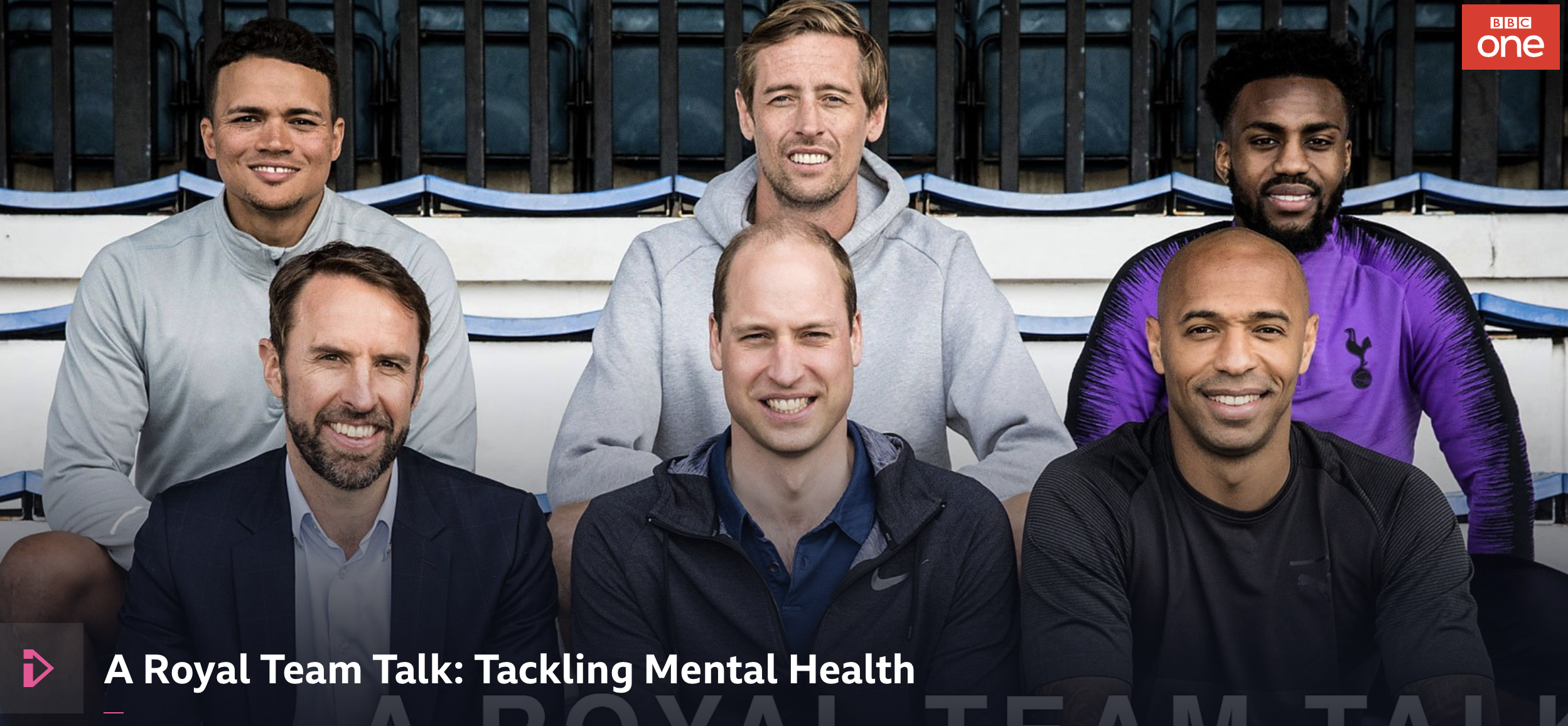Being a football chaplain is great. One of the few downsides is the close season – not just because there’s no football on, but because there is often a large turnover of players. That means players you’ve just started getting to know moving on, fresh faces coming in, and the whole process starting again. However, that pales into insignificance compared to the uncertainty the close season can bring for many players. Many play the final game on the season on a Saturday, knowing that on the following Tuesday they might be told their services are no longer required. For some, football is their main or only source of income. Many of us would think of that as a great position to be in – but it can be a mixed blessing. One ‘journeyman’ who knows all too well the pain of being let go is former Stranraer striker Christian Nadé. In an interview last month he said that when a club don’t want you anymore, ‘You won’t show it, you’ll pretend that it’s alright, but trust me that when you close the door in your home, you cry’. Then if a player does find a new club, they have to start from the beginning again.
Unsurprisingly a life filled with uncertainty, but where you cannot afford to be seen as weak, can have a negative impact on mental health. This can particularly be the case when someone’s career ends – through injury, retirement or failure to earn a new contract. If football is everything, take it away and you have nothing. If your life has been based around football for as long as you can remember, if all your friends are involved in football, it can be very difficult to find yourself on the outside. Those who speak out about their difficulties don’t always find a lot of sympathy. Last year, Cowdenbeath striker David Cox revealed that after speaking out about his mental health struggles, he had been taunted by fans and fellow players, who mocked him about slitting his wrists.
Thankfully though, things are starting to change. In 2016, Chris Mitchell, a former Scotland Under-21 international who quit football after a series of injuries, took his own life at the age of 27. As a result, his family set up the Chris Mitchell Foundation, which they hope will ‘dispel the stigma’ in the game. Last year I had the opportunity to attend a 2-day NHS Mental Health First Aid Course at Hampden Park, tailored towards football and funded by Chris’s Foundation. Last month, the BBC screened a documentary about men’s mental health featuring Prince William and five current or former Premier League footballers: Gareth Southgate, Peter Crouch, Thierry Henry, Danny Rose and Jermaine Jenas. Southgate played over 700 games, but is remembered for only one. Crouch was booed when he came on for his England debut, with his mum and dad in the crowd. Rose became depressed when he suffered his first serious injury, and his team were doing well without him.
Many of the same pressures are shared by those outside of football. Not so long ago, it was normal for people to be with one company the whole of their working life. Today that sort of job security is a rarity. Nor is football the only environment where people, particularly men, aren’t always encouraged to talk about mental health. However, it is important for them to know that you are not alone, and there are people they can talk to.
If people do unburden themselves to us, we need to avoid simplistic or even damaging advice – ‘cheer up’, ‘what do you have to be depressed about?’. As a minister and a chaplain, I believe that mental health can have both a physical and a spiritual component, but even then one of the first things I would tell someone to do is talk to their GP. However it was encouraging to hear Christian Nadé telling the BBC about how talking to a pastor helped him after attempting suicide.
While mental health struggles aren’t always connected to our life circumstances, and can hit someone when everything seems to be going well, the stories of many footballers show that we are particularly at risk if we find our meaning and identity in things that can be taken from us. Our jobs, health and families are all gifts from God – but they may not always be there for us.
Don’t focus so much on the gifts, that you forget the Giver. Only the Creator is strong enough to sustain us when created things are taken from us.
Published in the Stranraer and Wigtownshire Free Press, 4th July 2019



